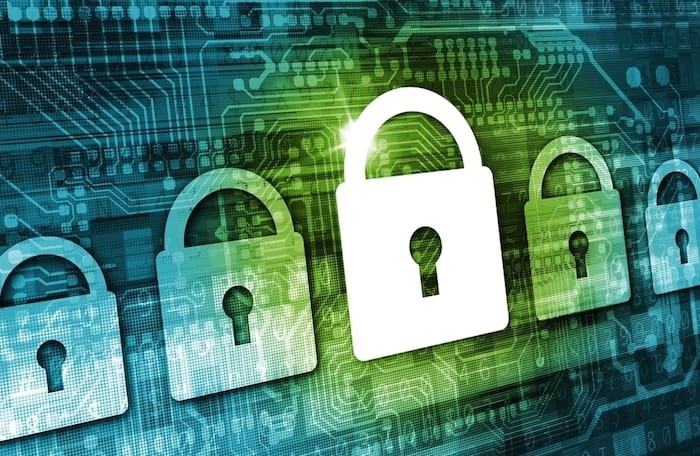
@ShahidNShah


I was recently at a dinner party with a physician friend. Partway through the meal, he received a text message regarding a pressing patient situation. He briefly excused himself to address the text. When he returned, I jokingly inquired if he was using a HIPAA compliant secure app to communicate with his team. He laughed and showed me his device screen which had a long text conversation on iMessage. There are two major issues with how this scenario played out. The first and foremost being the data was relayed on an unsecure app on an unmanaged personal device. Cybercriminals are becoming more sophisticated each day and they certainly make no exception to hacking data that is supposed to be HIPAA compliant.
The second issue is that the physician didn’t seem to think this was a big deal. With physicians so busy all over the country, it makes you wonder how much non-HIPAA compliant healthcare data is being transmitted every day. There is often a fundamental break in the communication between IT leaders and physicians. Many hospitals and clinics have done the leg work to put secure clinical communications apps in place, but often the solutions simply aren’t being adopted, and iMessage or WhatsApp prevails. We often see two risky scenarios play out with physicians. Should these scenarios be explained clearly and consistently by IT leaders, physicians would likely take note and subsequently, take further action to secure patient data.
Continue reading at healthcarebusinesstoday.com
Electronic Medical Records (EMR) played a big role in advancing the initial shift from paper to electronic processes in healthcare, as they allowed …
Connecting innovation decision makers to authoritative information, institutions, people and insights.
Medigy accurately delivers healthcare and technology information, news and insight from around the world.
Medigy surfaces the world's best crowdsourced health tech offerings with social interactions and peer reviews.
© 2025 Netspective Foundation, Inc. All Rights Reserved.
Built on Dec 24, 2025 at 11:26am